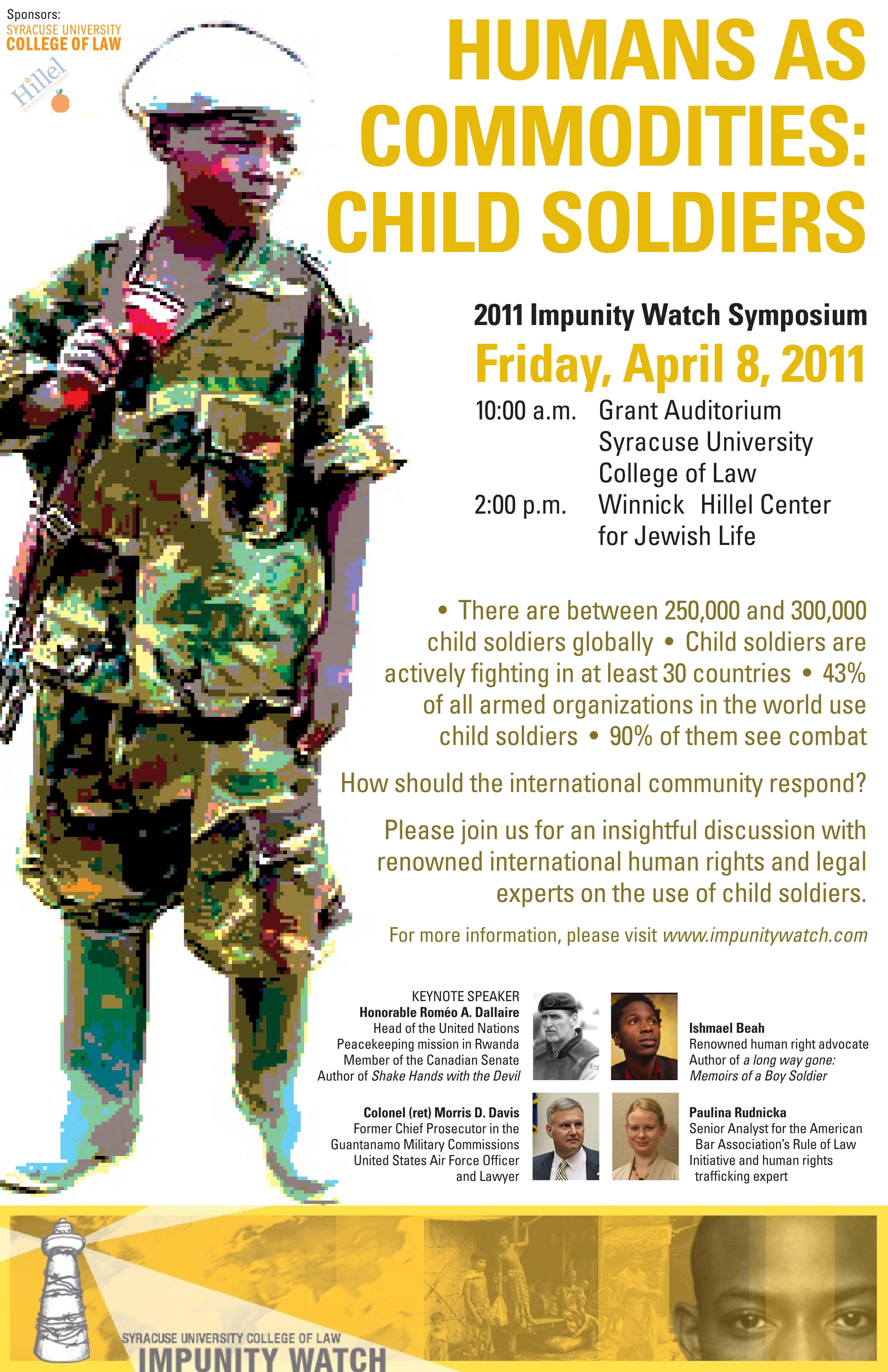By Eileen Gould
Impunity Watch Reporter, Middle East
GENEVA, Switzerland – United Nations investigators have announced that next week they would begin an inquiry into alleged human rights violations that have been committed by both sides of the conflict in Libya. They will look into abuses both by Muammar Gaddafi’s loyalists and the opposition forces as well as those by any foreign parties to the conflict. Evidence resulting from this investigation will be shared with the U.N. war crimes tribunal.
The team of investigators, led by war crimes expert Cherif Bassiouni, will visit hospitals and prisons, and will be talking to civilians, combatants and anyone else who may provide information. Bassiouni, an emeritus law professor at DePaul University in Chicago, stated that the work “will be done with complete impartiality”.
The U.N. team is comprised of three investigators – Bassiouni, Phillippe Kirsch, and Asma Khader. Kirsch is a Canadian former judge of the International Criminal Court, and Khader is a Jordanian lawyer, who is also an expert in sex crimes. Khader claims the team will look into rapes, including the case of Eman al-Obaidi, a Libyan woman who accused government militia of raping her.
These investigators will be cooperating with the International Criminal Court’s prosecutor Luis Moreno-Ocampo. The ICC is looking to see whether Gaddafi, his sons and his advisors have committed war crimes. He claims that well before the revolution spread from Tunisia and Egypt, the Libyan authorities considered killing unarmed protestors.
Actions by foreign powers will also be investigated. For instance, the Libyan government claims that civilians, including children, have been killed by NATO airstrikes.
This investigation was approved by the U.N. Human Rights Council on February 25. The Council claims that attacks on civilians and arrests, as well as the detention and torture of peaceful demonstrators, may qualify as crimes against humanity. According to Bassiouni, the Council’s mandate stipulates that all violations be reported, no matter who has committed the crimes. Some say this may or may not reach the level of criminal accountability necessary to prosecute in the ICC. But Moreno-Ocampo is “100% certain” that the investigation into the government’s attacks on Libyan demonstrators will lead to charges of crimes against humanity.
For more information please see:
The Canadian Press – UN Says Its Libya Human Rights Abuses Investigation Will Cover All sides Involved in Fight – 08 April 2011
The Jerusalem Post – UN Rights Investigators to Start Probe in Libya – 08 April 2011
Reuters – UN Rights Investigators to Start Probe in Libya – 08 April 2011

